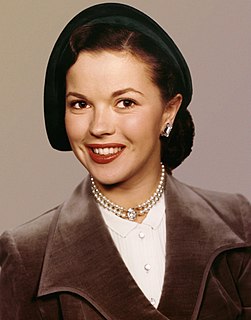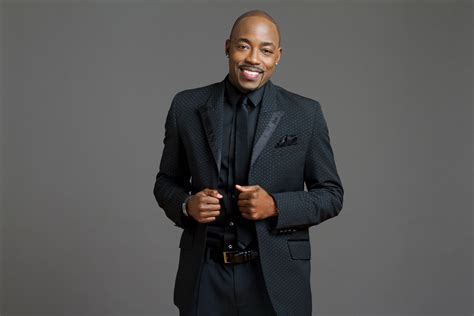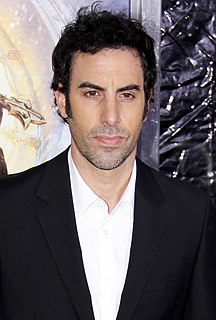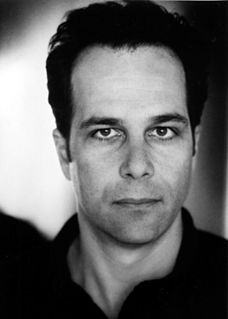A Quote by Edna St. Vincent Millay
We think-although of course, now, we very seldom Clearly think- That the other side of War is Peace.
Related Quotes
I'm quite optimistic. I'm also a realist. And I hope, you know, things work out. I don't think that the world will ever know peace. Complete peace in all countries. I think perhaps that's not in our makeup to do this although we can pray for it and work for it. But I think that the building blocks of peace are moving into shape, and I think that the world is going to be a better place.
If you're thinking clearly and are content about where your life is - to where you can just think about the present, think about the now - that's what you need to do to hit good golf shots. I know there are a lot of distractions, but when you're thinking clearly, you're more free. You've got to have that freedom on the golf course.
I don't think there's any way that war can have a place in peace. I think that peace is the active and difficult resistance to the temptation of war; it is the prerogative and the obligation of the injured. Peace is something that has to be vigilantly maintained; it is a vigilance, and it involves temptation, and it does not mean we as human beings are not aggressive. This is a mistaken way of understanding non-violence.
I think the answer of course is that space and time are not these hard external objects. Again we're, scientists have been building from one side of nature (physics) without considering the other side (life in consciousness). Neither side exists without the other. They cannot be divorced from one another or else there is no reality.
To suggest that war can prevent war is a base play on words and a despicable form of warmongering. The objective of any who sincerely believe in peace clearly must be to exhaust every honorable recourse in the effort to save the peace. The world has had ample evidence that war begets only conditions that beget further war.
I've never been in the position where that conversation is a serious conversation before the movie even comes out. On one side of it, that's so great because you've got such great potential. The other side of that is that there's a level of pressure. Now, that clearly means that there's an expectation level, from the studio side, potentially from the audience's side, and from our side.
Clearly there are some things about WikiLeaks... the material is in part very interesting although none of it is a real game-changer. I think if I was an American I'd be rather proud that American diplomats are quite assiduous in the way that they chronicle issues. Of course the impact has been that the whole culture of sharing is going down the tube.
I think war and armed conflict is always the last of all the options you have on the table. I think you try to avoid that at all costs. Sometimes it's unavoidable. That's the lesson of World War II. I think the other lesson of the last 50 or 60 years, however, is that, the stronger the U.S. military, the stronger our defense capabilities, the stronger the chances for peace are.
The war industry people are very together; they know exactly what they want; they don't even have to talk to each other. The peace industry people are just intellectuals who are very critical of each other... Unless the peace industry is powerful, we're always going to have war. It is as simple as that.
I think all of us are agreed that war is probably man's greatest stupidity and I think peace is the dream that lives in the heart of everyone wherever he may be in the world, but unfortunately, unlike a family quarrel, it doesn't take two to make a war. It only takes one, unless the other one is prepared to surrender at the first hint of force.
I think you can take the recent war in Lebanon as a very good example of how this plays. The Americans and their allies clearly stood back - clearly in the eyes of Muslims - and basically said to the Israelis, "Do what you need to do, and we'll hold the ring for you and not call a cease-fire." That perception in the Muslim world very much played to the anti-American sentiment.
On the other side of the spectrum, you see someone like Donald Trump, who is using as the basis of his campaign political incorrectness. It's clearly intentional. He'd have to be a complete moron just to coincidentally insult Mexicans, and women, and disabled people, and Muslims. So clearly he's using it as a vote winner. But I think with comedians there's a responsibility.
So about 80 years after the Constitution is ratified, the slaves are freed. Not so you'd really notice it of course; just kinda on paper. And that of course was at the end of the Civil War. Now there is another phrase I dearly love. That is a true oxymoron if I've ever heard one: "Civil War." Do you think anybody in this country could ever really have a civil war? "Say, pardon me?" (shoots gun) "I'm awfully sorry. Awfully sorry."
I'm not pro-war. But I think war has been the dominant condition of humankind, and peace has been the anomaly - certainly sustained periods of peace that profit great masses of people - and I think war has worked, even awful hellish wars: worked to staunch fascist aggression in Europe, worked to preserve the Union after secession in the United States, etc. Not always, maybe not often, but to say never is to reject history in favor of a wishful unreality.



































